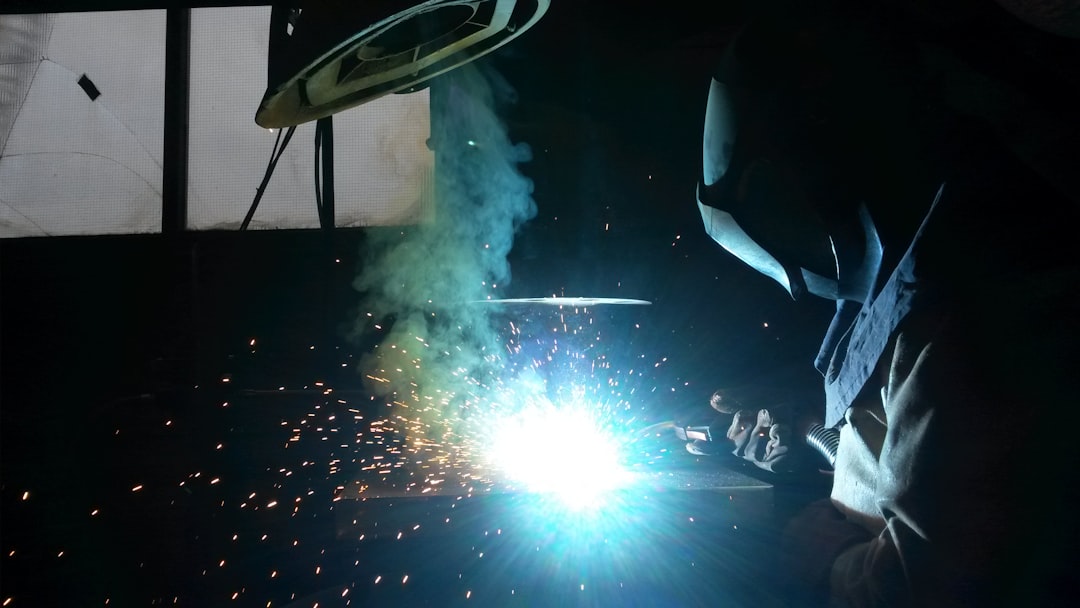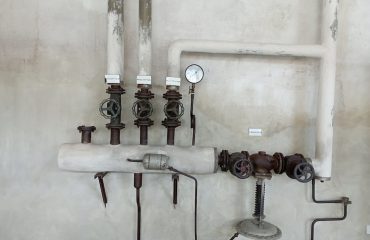In the world of construction and manufacturing, steel is a cornerstone material. Its strength, durability, and versatility make it indispensable across numerous industries. However, ensuring the quality and safety of steel products is paramount. This is where CE certification comes in, providing a crucial mark of assurance for both manufacturers and consumers.
Understanding CE Certification for Steel
The CE marking (Conformité Européenne) is a mandatory conformity marking for products sold within the European Economic Area (EEA). It indicates that a product meets the essential requirements of relevant European Union (EU) health, safety, and environmental protection legislation. For steel products, this means that they have been tested and verified to comply with harmonized European standards (EN standards) relevant to their specific application. The CE mark isn’t a quality mark in itself; rather, it’s a declaration by the manufacturer that their product conforms to the essential requirements of the applicable directives. This declaration is backed by a comprehensive assessment process, often involving third-party conformity assessment bodies.
Key European Standards for CE-Certified Steel
The specific EN standards a steel product must meet depend on its intended use. For instance, structural steel used in construction will be subject to different standards than steel used in automotive manufacturing. Some commonly referenced EN standards for steel include:
- EN 10025: This standard covers hot-rolled products of structural steels.
- EN 10210: This standard covers seamless steel tubes for pressure purposes.
- EN 10305-1: This standard covers cold-formed welded structural hollow sections.
- EN 1090: This is a crucial standard concerning execution of steel structures. It covers the fabrication and assessment of structural steel components.
Compliance with these standards is rigorously tested and verified throughout the manufacturing process, ensuring consistent quality and safety.
Verification and Testing Procedures for CE-Certified Steel
The process of obtaining CE certification for steel products is not a simple matter of self-declaration. It involves a multi-stage process that includes:
- Design and Manufacturing Process Assessment: The manufacturer’s production process is evaluated to ensure it consistently produces steel meeting the relevant EN standards.
- Material Testing: Rigorous testing is conducted on the steel itself to verify its mechanical properties, chemical composition, and other relevant characteristics.
- Product Testing: Depending on the product type, specific tests might be carried out to evaluate its performance under various conditions, such as tensile strength, yield strength, and impact resistance.
- Third-Party Conformity Assessment: A Notified Body, a third-party organization accredited by the EU, often plays a key role in verifying the manufacturer’s compliance with the relevant standards. This could involve factory inspections, sampling tests, and review of the manufacturer’s quality control system.
- Declaration of Conformity: Once all requirements are met, the manufacturer issues a Declaration of Conformity, affirming that the product complies with the applicable directives and standards. This declaration is crucial evidence for demonstrating compliance.
Applications of CE-Certified Steel Products
The wide range of applications for CE-certified steel highlights its importance across various sectors. These include:
- Construction: From skyscrapers to bridges and residential buildings, CE-certified steel is crucial for ensuring structural integrity and safety.
- Automotive Industry: Steel forms the backbone of many vehicles, and CE certification ensures the safety and reliability of these components.
- Manufacturing: Various industrial machinery and equipment utilize steel components, where CE certification guarantees compliance with safety regulations.
- Infrastructure Projects: Large-scale projects like railways, pipelines, and energy infrastructure rely heavily on CE-certified steel.
- Renewable Energy: Wind turbines and solar panel structures utilize high-strength steel, and CE certification is crucial for their long-term performance and safety.
Benefits of Using CE-Certified Steel Products
Choosing CE-certified steel products offers several significant advantages:
- Enhanced Safety: The rigorous testing and verification process ensures that the steel meets the highest safety standards, minimizing risks of accidents or structural failures.
- Improved Quality: CE certification guarantees consistent quality, ensuring reliable performance and longevity of the steel products.
- Legal Compliance: Using CE-certified steel ensures compliance with EU regulations, avoiding potential legal issues and penalties.
- Increased Trust and Confidence: The CE mark provides reassurance to customers, architects, engineers, and contractors, fostering trust in the quality and safety of the products.
- Facilitated Trade: CE certification simplifies the process of importing and exporting steel products within the EEA, reducing bureaucratic hurdles.
In conclusion, CE certification is not merely a label; it’s a testament to the quality, safety, and reliability of steel products. By choosing CE-certified steel, businesses and individuals alike can ensure they are using materials that meet the highest standards of performance and compliance, contributing to safer and more sustainable projects.
Tags: CE certification, steel products, steel safety, European standards, EN standards




